Jimi Hendrix, one of the most iconic musicians in history, had a lesser-known chapter in his life: his time in the U.S. Army. Long before he became famous for his revolutionary guitar playing, Hendrix was a young man facing tough decisions about his future. His time in the military was brief and marked by struggles, but it played a crucial role in shaping the direction of his life.
Born Johnny Allen Hendrix on November 27, 1942, in Seattle, Washington, Jimi had a childhood filled with challenges. His family life was difficult. His parents, Al and Lucille Hendrix, had a turbulent relationship, which often left Jimi and his siblings in unstable situations. Jimi’s mother left when he was young, and he was raised by his father, Al, who renamed him James Marshall Hendrix after his own name and his late brother. The young Hendrix found solace in music at an early age. His father noticed Jimi’s interest in music and bought him his first guitar, a one-string ukulele, which Jimi played relentlessly. By the age of 15, he had acquired his first acoustic guitar, and shortly afterward, his first electric guitar. Despite his passion for music, Jimi struggled in school and often found himself in trouble.
In 1961, at the age of 19, Hendrix faced a critical turning point. He had dropped out of high school and was unsure about what to do next. He often found himself in trouble with the law for minor offenses, like being caught riding in stolen cars. Faced with either going to jail or joining the Army, Hendrix chose the latter. He enlisted in the U.S. Army on May 31, 1961, hoping that military service might offer him a way out of his difficult circumstances. Joining the military was also a common choice for young men in his position, as it was seen as a path to discipline and potential career opportunities.
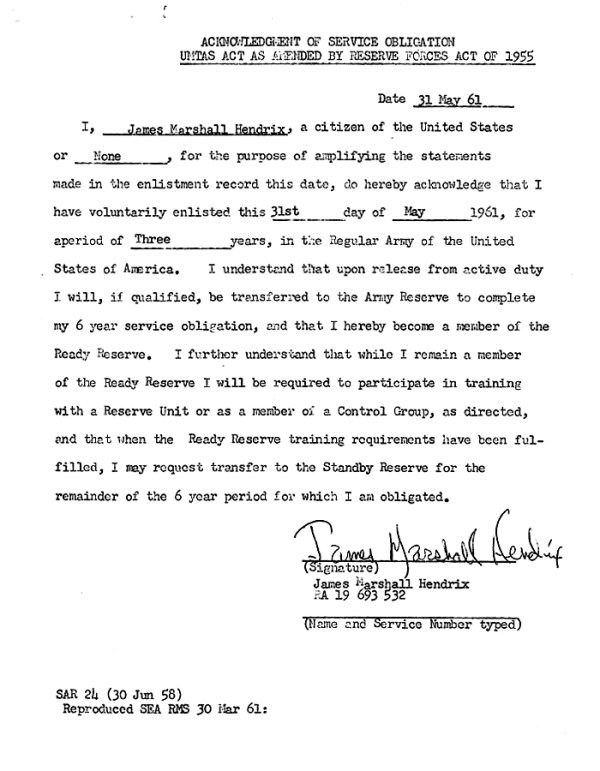
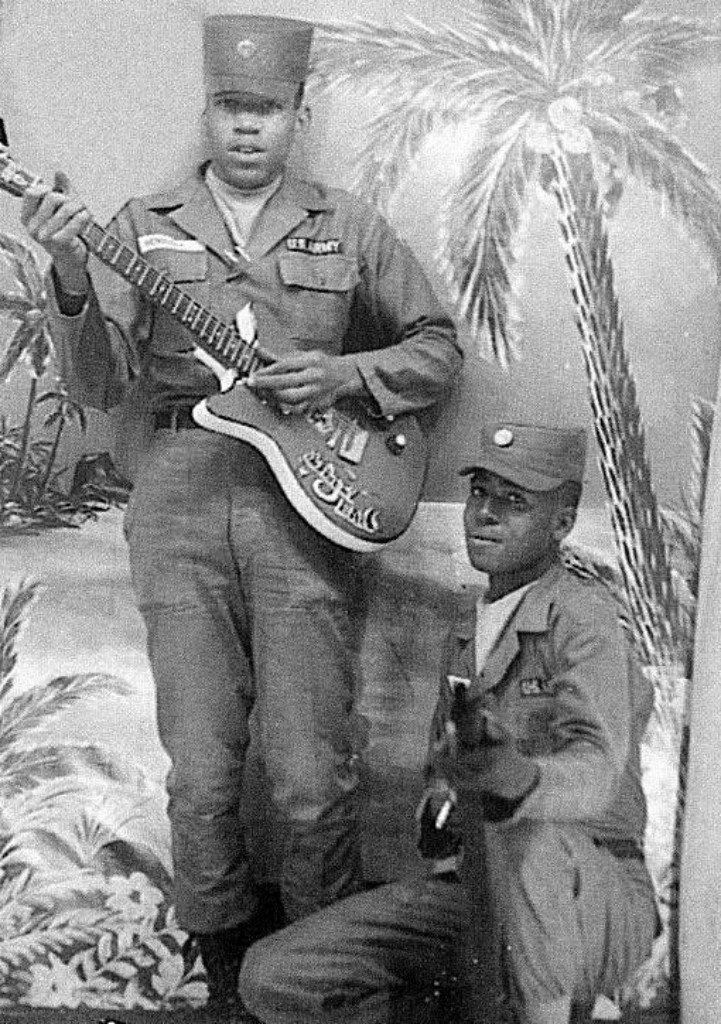
Hendrix was assigned to the 101st Airborne Division, known as the “Screaming Eagles,” and sent to Fort Campbell, Kentucky, for basic training. While some recruits embraced the structure and discipline of military life, Hendrix struggled to adjust. The military’s rigid lifestyle didn’t suit his creative spirit. He was known for his rebellious nature and lack of interest in authority, traits that would later define his music career but made life difficult in the Army.
Hendrix completed his basic training, and by the end of 1961, he had qualified as a paratrooper with the 101st Airborne. His friends and fellow soldiers noted that he found some joy in jumping out of planes, and he successfully made over 25 parachute jumps during his time in the service. Despite this accomplishment, his overall performance in the military was less than stellar. He frequently clashed with superiors, was often late for roll calls, and struggled with following orders. He was also reported to have fallen asleep during exercises, and his dedication to his duties was called into question on multiple occasions.
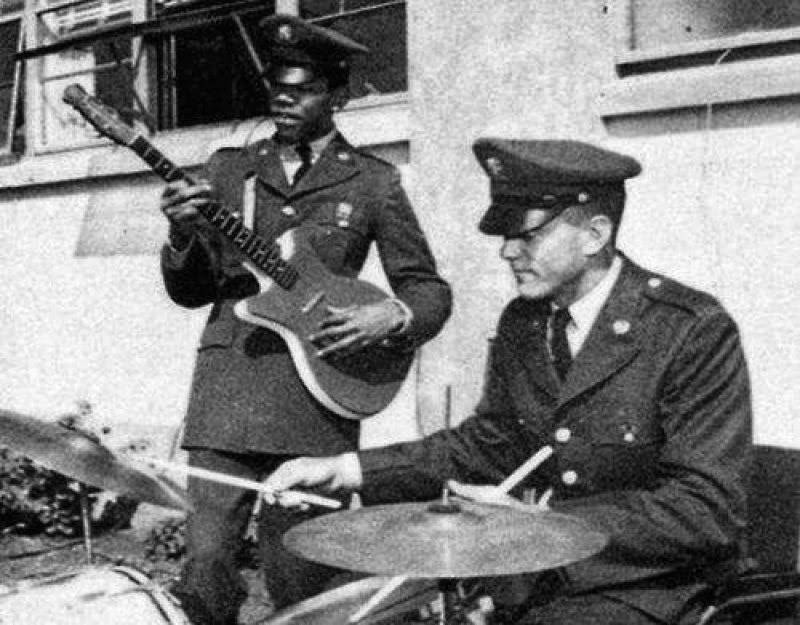
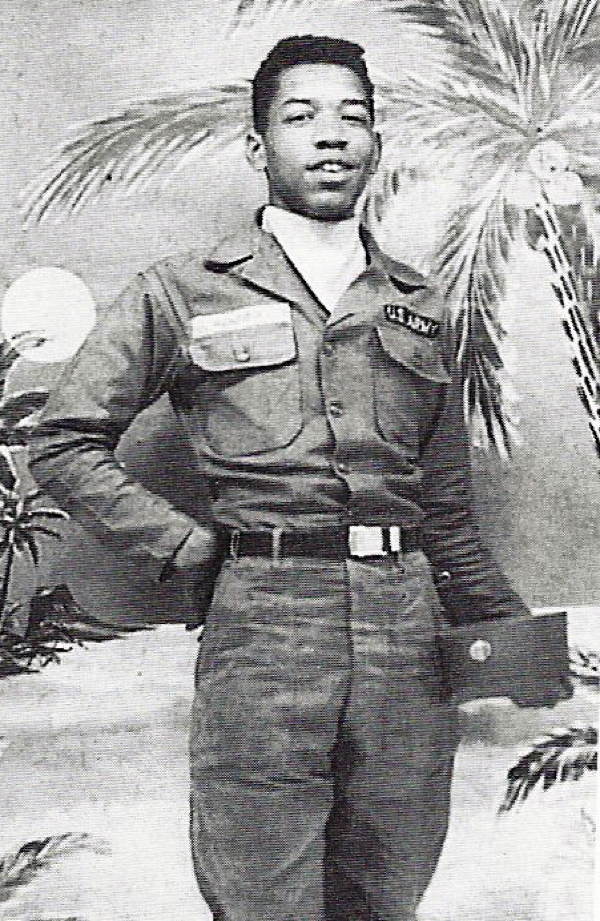
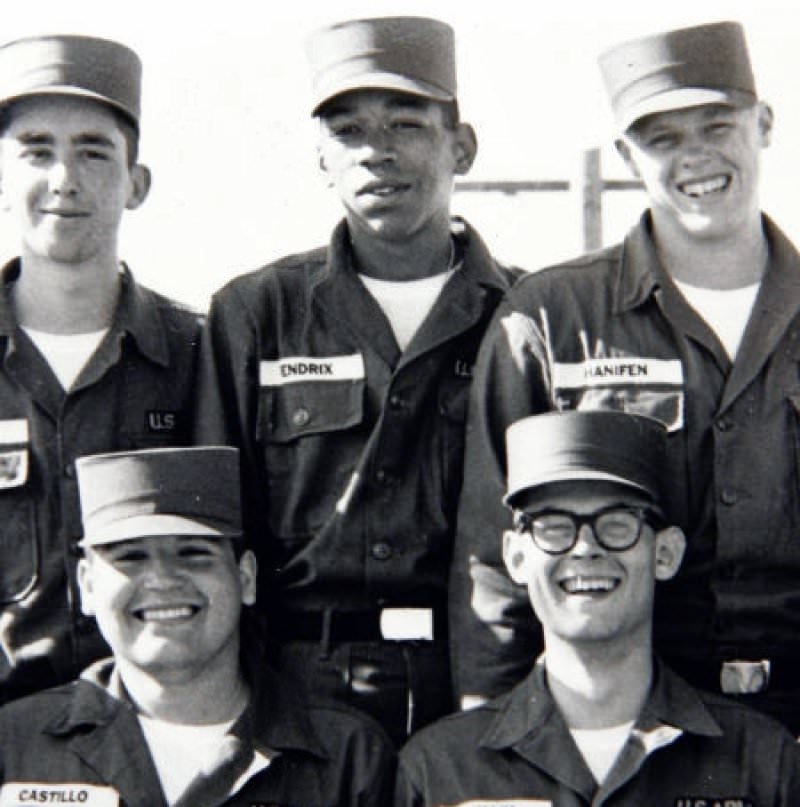
In addition to his military duties, Hendrix continued to pursue his passion for music during his time at Fort Campbell. He would often be found playing guitar during his free time, sometimes to the detriment of his military responsibilities. His guitar became his constant companion, and he began to perform with other soldiers on the base, forming a band called the King Kasuals. This group allowed Hendrix to keep his musical dreams alive while serving in the Army, and it became clear that his heart was not in his military career but in his music.
Hendrix’s behavior eventually caught up with him, and by mid-1962, his superiors were losing patience. His lack of discipline and focus, combined with his continued dedication to music over military duties, made him an unfit soldier in their eyes. In June 1962, after serving just over a year, Hendrix was granted an honorable discharge from the Army. Officially, it was due to an ankle injury sustained during a parachute jump, but many believed it was because of his poor performance and inability to adjust to military life. His discharge allowed him to leave the military on good terms, though it was clear that his future lay elsewhere.
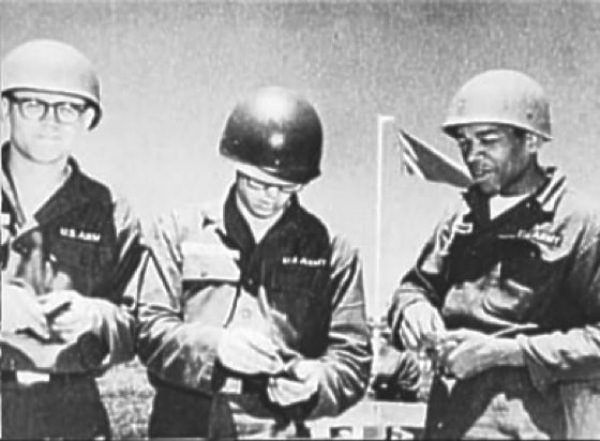
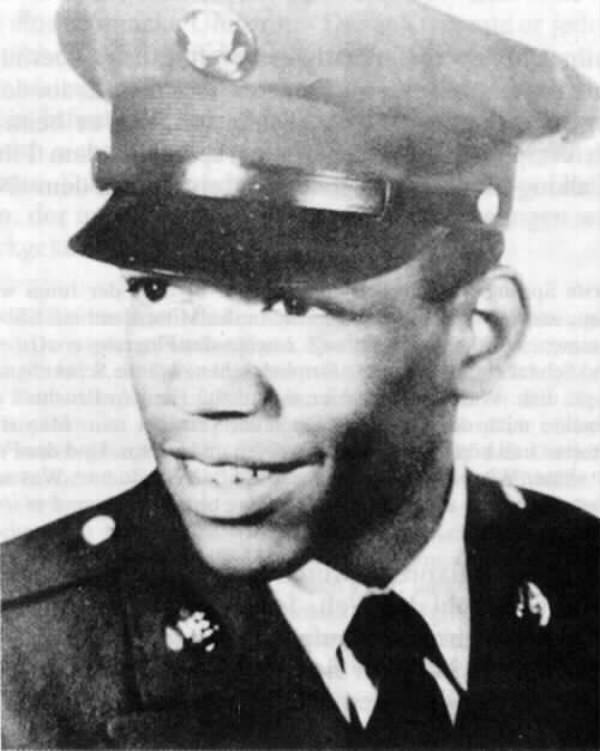
Once out of the Army, Hendrix fully committed himself to his music. He began playing with local bands and quickly made a name for himself with his innovative guitar style. His time in the military, brief as it was, had given him the freedom to pursue his true passion without the immediate pressures of civilian life. Hendrix moved to Clarksville, Tennessee, after his discharge, where he continued to play with the King Kasuals and hone his skills as a guitarist. From there, his music career would take him to New York City and later to international fame.
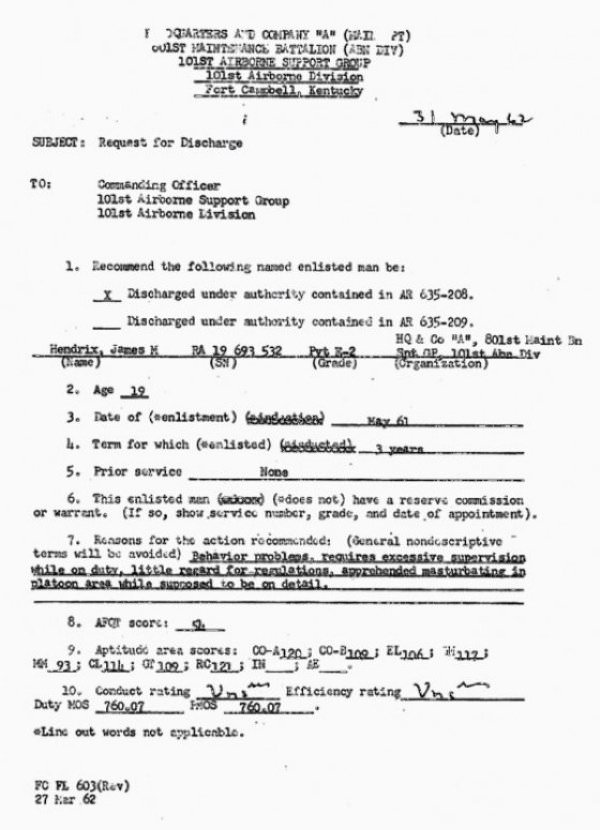
Though Hendrix’s time in the military represented an important chapter in his life. It provided him with the opportunity to reflect on what he truly wanted to do and gave him the space to grow as a musician. After leaving the Army, he never looked back, focusing entirely on his music and setting the stage for the legendary career that followed. His brief stint in the U.S. Army may not have been successful in the traditional sense, but it played a critical role in shaping the path of one of the greatest guitarists the world has ever known.


